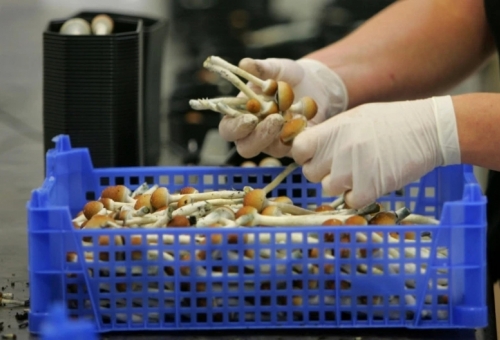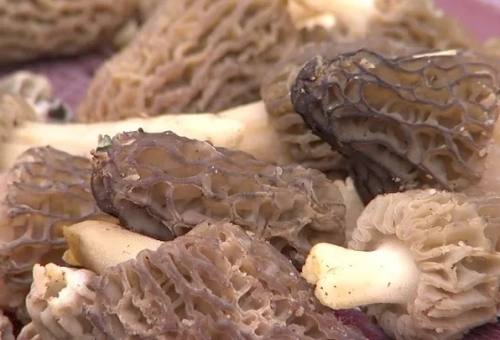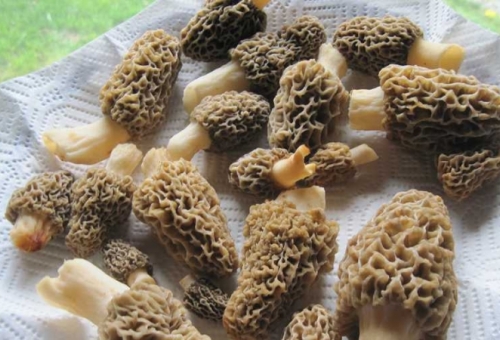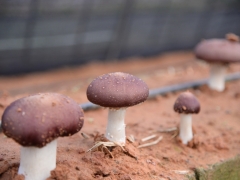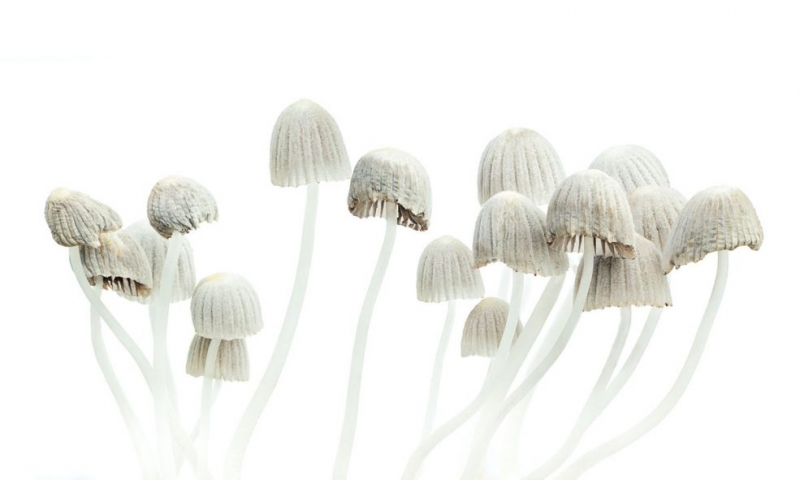
Could magic mushrooms be the next cannabis? In terms of setting the fungus free to consenting adults that is. Shrooms’ inevitable rise to slots on ballots is off to a humble start, but it’s a start that’s been in the works for decades.
The Multidisciplinary Association For Psychedelic Studies (MAPS), which is at the forefront of psychedelic research, conducted a study at John Hopkins University that found that using mushrooms containing the psychedelic ingredient psilocybin for anxiety had long lasting effects, even after one dose in a therapeutic setting.
This is the type of ballot measure for which Oregon is now gathering signatures. It will be an uphill battle, as fewer people are educated about magic mushrooms than they are about cannabis and the cost to gather enough signatures will be steep.
Denver, Colorado is also hoping to make the ballot with an initiative that would allow the possession and cultivation of psilocybin mushrooms. Unlike Oregon, where a doctor must recommend the fungi and then be taken under the supervision of a registered therapist, Denver shrooms would be taken both medically and recreationally.
Mushrooms are a powerful psychedelic, but in smaller or more moderate doses they can lead to self realizations, a deeper spiritual connection to the people, objects and music that surround you, breathing or melting walls and other mild hallucinations. Often a trip is followed by vivid dreams that are ethereal in themselves.
They also have the potential to experience an uncomfortable or “bad” trip. Setting is very important when it comes to shrooms, as are the people accompanying you. Perhaps that’s why Oregon is taking its first foray into mushroom legalization with therapeutic caution.





